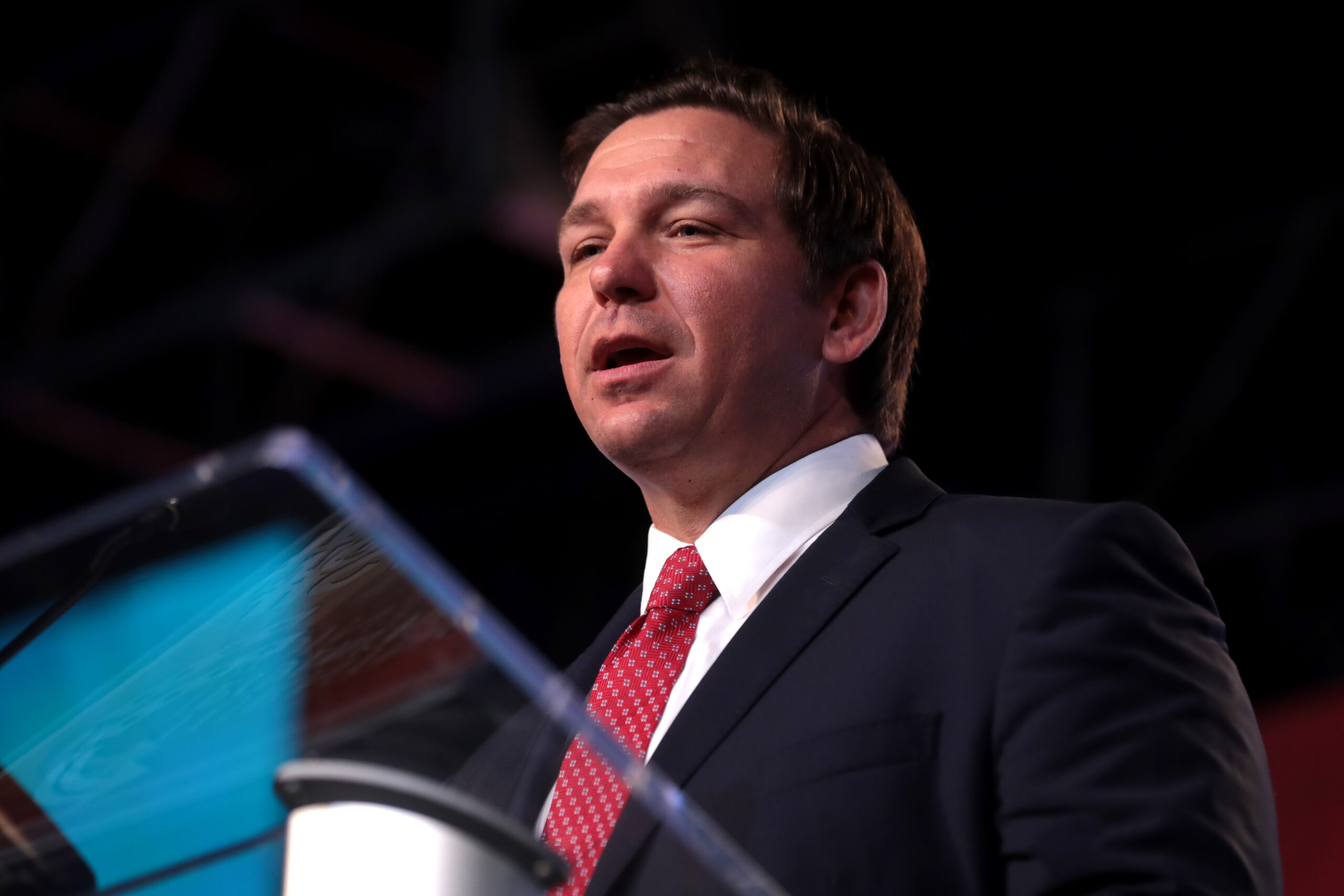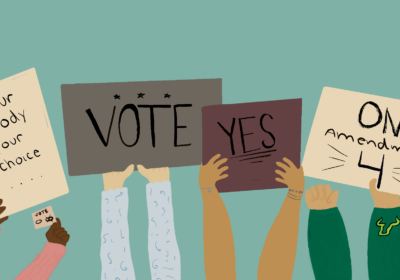OPINION: DeSantis’ K-12 ‘Victims of Communism’ bill is politicizing children

Gov. Ron DeSantis signed into law May 9 a measure establishing a “Victims of Communism Day” at Florida public schools. This bill forces Florida high schools to educate students about the negative effects of communism.
“We want to make sure that every year folks in Florida, but particularly our students, will learn about the evils of communism,” DeSantis said in a May 9 press release.
With the ongoing fight between the right and the left, DeSantis should not be allowed to create his own political agenda in classrooms.
The bill, HB 395, establishes that students in high school will have to receive at least 45-minute lectures in their U.S. Government class about communist regimes and how victims suffered at the hands of these regimes, according to a news release posted on DeSantis’ website.
However, much of the discussion at the event was centered around the growing support of communist, marxist and socialist values on Florida college campuses.
“Throughout college campuses and throughout this country, we are seeing communism and socialism being romanticized,” Lt. Gov. of Florida Jeanette Nuñez said, supporting DeSantis’ discussion.
“Positive attitudes are at an all time high here in this country, but not here in Florida because freedom, not Marxism, has a home here in the free state of Florida.”
Last year, The Florida State Board of Education banned schools from teaching ideas related to critical race theory (CRT). It is a concept that tries to understand racism and inequality in the U.S. by viewing the ways it affects legal and social systems, defined by the American Bar Association.
“We will always ensure that our students are getting the best education free of socialist ideologies and CRT and woke terms that we will not allow,” Nuñez said, tying the two concepts together.
By not allowing children to view history from different perspectives, it inevitably causes them to adopt a certain stance. When the government of a particular political ideology chooses what to allow and not allow in the education system, it creates politicization of the younger generation.
Politicians that don’t have any experience as educators or scholars and are not competent enough to form educational policies. In a country where the two main parties have drastically different ideologies, politicians implementing their own agenda into academic policies can be highly problematic and controversial.
State governors already make an effort to limit what is taught in schools and minimize discussion points allowed in classrooms. Now, there is an attempt to implement political ideologies and stances that some might not agree with into the education system.
If the U.S. is a truly democratic country, state governors should not be in the position to limit talking points in classrooms or determine what ideologies and ways of thinking are wrong.






